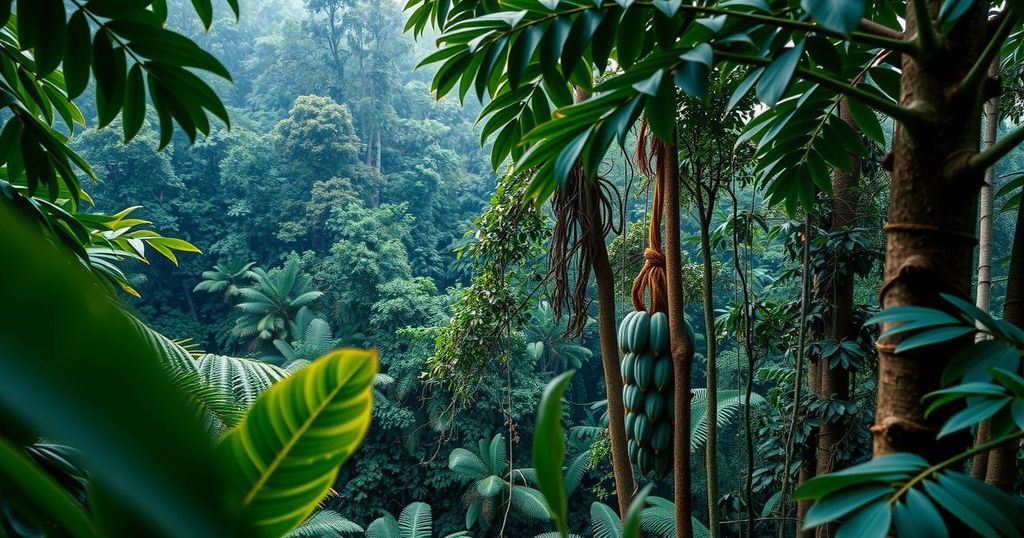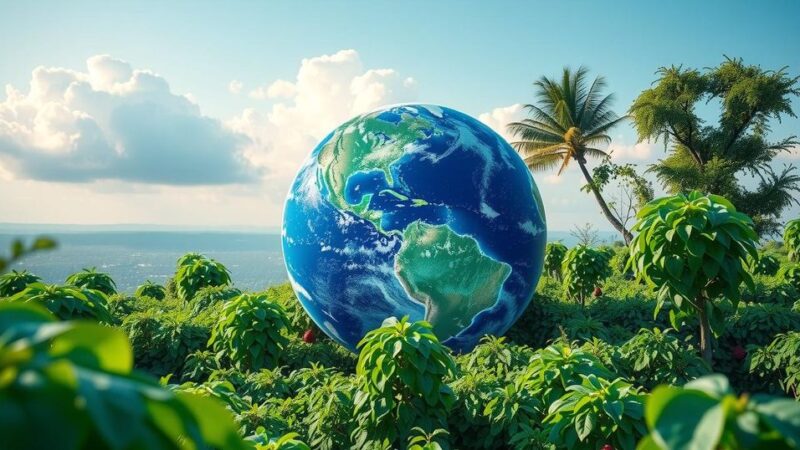A modeling study indicates that climate change may make up to 94% of Amazonian land unsuitable for Brazil nut trees by 2100. The research assessed four climate scenarios, illustrating the potential severe impacts on ecosystem and economics related to this crucial species. The study’s findings point to the need for immediate conservation measures.
A recent modeling study suggests that climate change could render up to 94% of the available land in the Amazon unsuitable for the Brazil nut tree by the year 2100. This research, which evaluated four distinct climate scenarios, highlights the potential severe impact of global warming on a vital species that plays a crucial role in both the ecosystem and the economy of the region. The implications of such changes would not only affect biodiversity but also the traditional livelihoods associated with harvesting these nuts.
The Brazil nut tree is integral to the Amazon rainforest ecosystem and provides substantial economic benefits to local communities through its nuts, which are in high demand internationally. However, climate change poses a substantial threat to this keystone species, which relies on specific environmental conditions for growth and reproduction. The study published in PLOS ONE aims to quantify the potential loss of suitable habitat for the Brazil nut tree under projected climate scenarios, thereby informing conservation strategies and sustainable management practices.
The findings of this study underscore the urgent need for conservation efforts aimed at mitigating the effects of climate change on the Amazon rainforest and its biodiversity. Without appropriate intervention, a significant decline in the viability of the Brazil nut tree could occur, leading to wider ecological and economic repercussions for the region. Addressing climate change is imperative to preserve not only the Brazil nut tree but also the myriad of species and communities that depend on it.
Original Source: www.eurekalert.org






